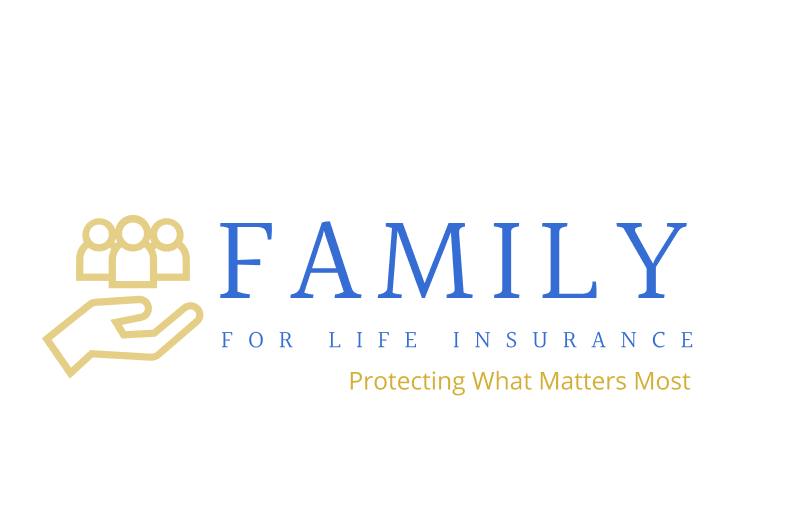What Is Term Life Insurance?

Term life insurance, also known as pure life insurance, is a type of life insurance that guarantees payment of a stated death benefit if the covered person dies during a specified term. The death benefit is the amount of money that will be paid to the beneficiary when the policyholder passes away. Once the term expires, the policyholder can either renew it for another term, convert the policy to permanent coverage, or allow the term life insurance policy to terminate.
The most common type of death benefit for a term policy is a level term policy, which means that the value of the death benefit stays the same for the entire time your policy is active. The benefit can also be decreasing, meaning it shrinks over time, typically in one-year increments.
Term policies can also come with a return of premium feature. That means that if a death benefit isn’t paid out by the end of the term, you’ll get back all or part of the premiums you paid. However, this is a more expensive option but well worth it.
How Does Term Life Insurance Work?
When you buy a term life insurance policy, the insurance company determines the premiums based on the policy's value (the payout amount) and your age, gender, and health. In some cases, a medical exam may be required. The insurance company may also inquire about your driving record, current medications, smoking status, occupation, hobbies, and family history.
If you die during the policy term, the insurer will pay the policy's face value to your beneficiaries. This cash benefit—which is, in most cases, not taxable—may be used by beneficiaries to settle your healthcare and funeral costs, consumer debt, or mortgage debt, among other things. However, if the policy expires before your death, there is no payout. You may be able to renew a term policy at its expiration, but the premiums will be recalculated for your age at the time of renewal.
Term life policies have no value other than the guaranteed death benefit. There is no savings component as found in a whole life insurance product.
Term life is usually the least costly life insurance available because it offers a benefit for a restricted time and provides only a death benefit.
Who Should Consider Term Life Insurance?
Term life insurance is attractive to young people with children. Parents may obtain large amounts of coverage for reasonably low costs. Upon the death of a parent, the significant benefit can replace lost income.
These policies are also well-suited for people who temporarily need specific amounts of life insurance. For example, the policyholder may calculate that by the time the policy expires, their survivors will no longer need extra financial protection or will have accumulated enough liquid assets to self-insure.
If a person has a mortgage that they are trying to make sure is covered in the event of an untimely death, term life insurance would be a timely solution to that problem.
What Additional Benefits Are Available With Term Life Insurance?
A rider is an add-on coverage option you can purchase to enhance your policy. Here are a few common life insurance riders:
- Accelerated benefit: You can get a portion of the death benefit early if the policyholder is diagnosed with a terminal illness or is confined to a nursing home.
- Accidental death benefit: This pays an additional benefit if the policyholder dies because of an accident.
- Guaranteed insurability: This lets the policyholder buy additional life insurance coverage without having to provide new evidence of insurability.
- Waiver of premium: This provision waives insurance premium payments if you become disabled and are unable to work. This keeps your insurance from lapsing while your disabled and unable to pay your premiums.
Click HERE to book your free consultation on setting up your own Term Life Insurance policy.
Get In Touch
Send Us a Message
By submitting your information, you acknowledge that an insurance agent with Family For Life Insurance may contact you by phone, SMS, email, or mail to discuss and quote life and health insurance plans. To Unsubscribe from messaging reply STOP.

